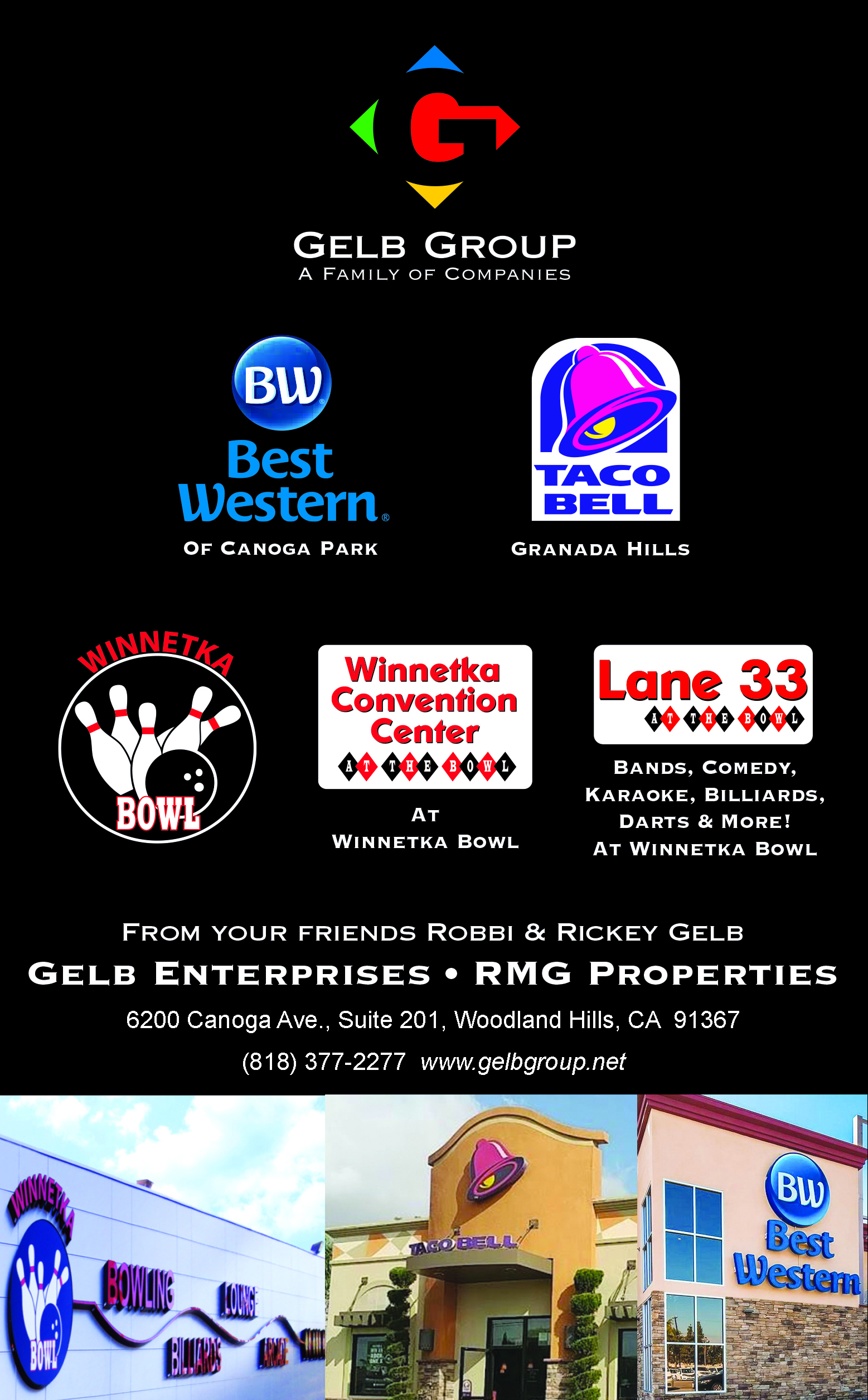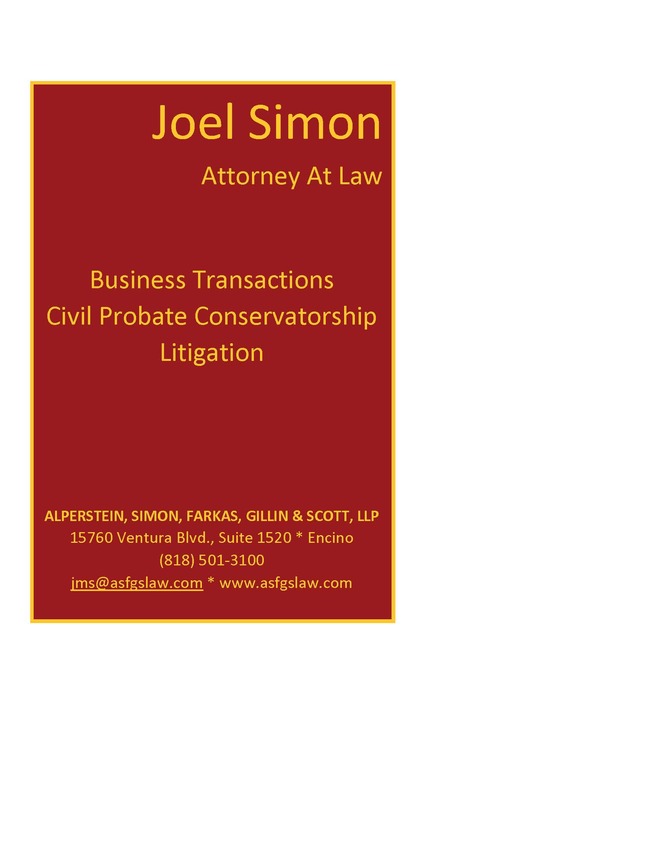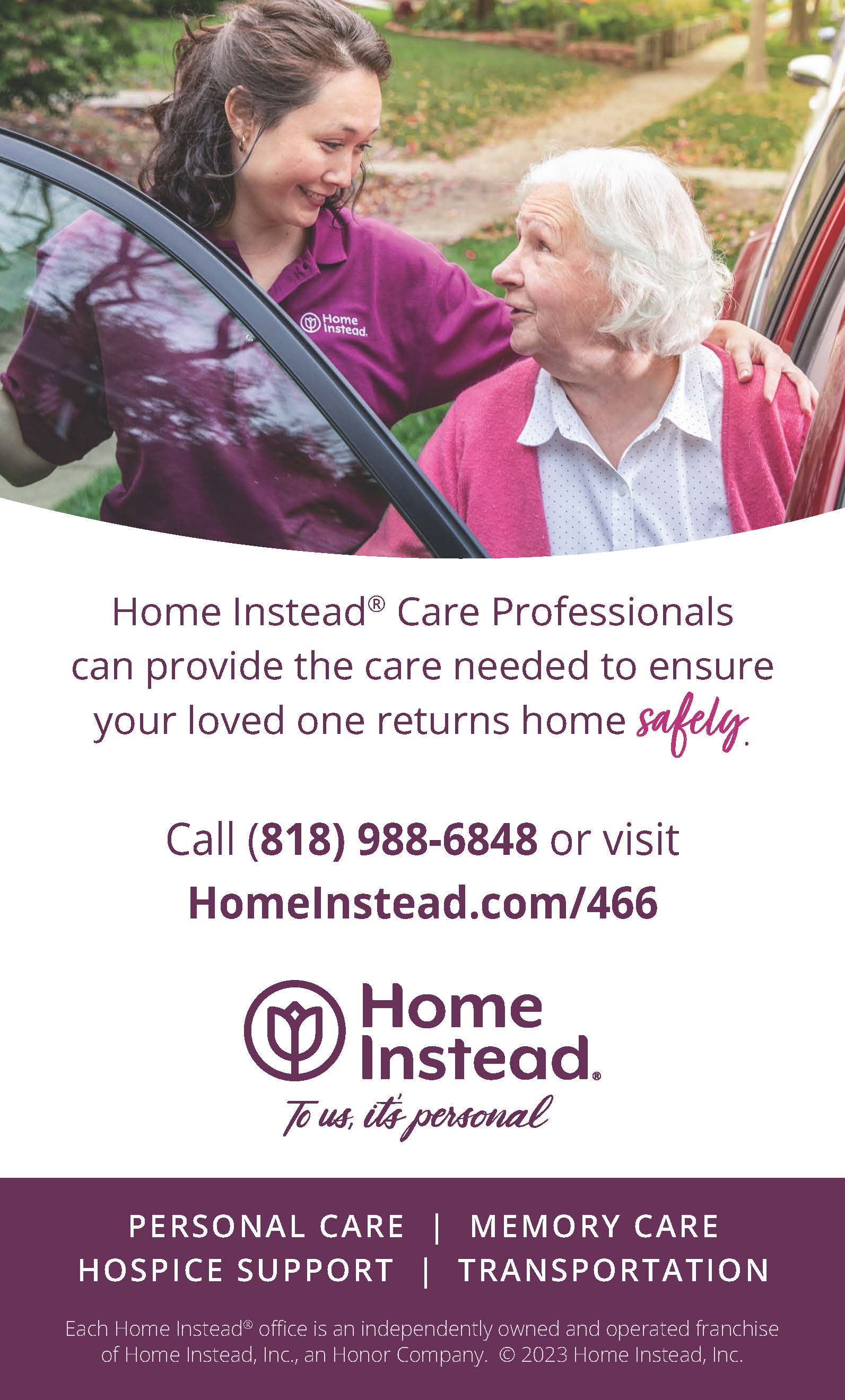GLOSSARY
Activities of Daily Living (ADLs) • Everyday functions and activities individuals usually do without help. These functions include bathing, continence, dressing, eating, toileting, and transferring.
Adult Health Care • Comprehensive health services in addition to social and support services for periods of less than 24 hours.
Advance Directive • A legal document also referred to as a medical directive that documents an individual’s preferences regarding the manner in which he or she would like to receive health care, in the event he or she can no longer communicate such wishes directly. Examples are Living Wills, Health Care Powers of Attorney and Health Care Proxy.
Assisted Living Facility • Residential housing that maximizes an individual’s ability to live independently and provides a lower level of assistance than that at a skilled nursing facility. Services include 24-hour on call assistance and help with personal and home care needs.
Board & Care • A small residential facility in a home setting for 2-10 residents.
Case Manager or Geriatric Care Manager • A professional who provides an assessment of an older adult’s capabilities to create a care plan to address housing, medical, social, and other needs.
Certified Nurse Aide (CNA) • An assistant who is certified to provide general nursing care under the direction of a registered nurse or therapist. They help with every aspect of nursing care as well as provide daily personal care to patients such as bathing, eating, and exercising in a variety of settings. Also referred to as a nurse assistant.
Conservator • An individual or public or private agent appointed
by a court to provide legal representation for an individual who can no longer manage his or her own affairs.
Custodial Care • Care to help individuals perform activities of daily living as well as some other basic activities.
Delirium • A serious disturbance in mental abilities that results in confused thinking and reduced awareness of the environment. The start of delirium is usually rapid — within hours or a few days.
Delirium can often be traced to one or more contributing factors, such as a severe or chronic illness, changes in metabolic balance (such as low sodium), medication, infection, surgery, or alcohol or drug intoxication or withdrawal.
Because symptoms of delirium and dementia can be similar, input from a family member or caregiver may be important for a doctor to make an accurate diagnosis.
Durable Medical Equipment • Medical equipment prescribed by
a doctor for use by a patient at home. These reusable items include such things as hospital beds, lifts, wheelchairs, and oxygen.
Geriatrician • A medical specialist who treats older adults. These are generally internal medicine or family practice physicians who have completed additional training and certification.
Home Health Agency • A service that locates and manages health professionals who provide services in the home such as nursing, physical therapy, or personal care.
Home Health Aide (HHA) • A professional who is trained to provide assistance with bathing, dressing, grooming, eating and cooking, and light housekeeping in order to assist the patient with living independently in a safe environment.
Hospice • A special concept of care designed to provide comfort and support to patients and their families when a life-limiting illness no longer responds to cure-orients treatment.
Long Term Care Insurance • A type of insurance coverage for long term care expenses such as assistance with activities of daily living or medical care required to manage a chronic condition and will generally cover some of, if not all, the costs associated with skilled nursing facilities, residential care homes, assisted living or other types of similar facilities. In addition, the policy may cover home health care and other costs of care depending upon the terms of the policy.
Long Term Care Ombudsman • A state-certified advocate serving residents in facilities for the elderly.
Medical Alert & Call Systems • Also known as Emergency Response Systems. An electronic system or device that connects an individual to assistance in an emergency.
PACE (Program of All-inclusive Care for the Elderly) • A model of care for individuals age 55 and older who are living with chronic illness, or disabilities (have a skilled nursing need) and require coordinated medical care to continue living as independently as possible in their home and community. Medicare, Medi-Cal and private pay are accepted by this program.
Palliative Care • Pain management services to provide comfort to those with a life-threatening condition.
Residential Care Facilities • A broad term used to describe group homes, assisted living facilities, board and care homes, specialized senior apartments, skilled nursing facilities, or other facilities that provide services where individuals live.
Respite Care • Services which provide temporary or periodic relief for caregivers.
Retirement Communities • Communities that provide shelter and support services to older adults who are nearly or totally independent. The level of services may include housekeeping, meal preparation, recreational and social activities, and transportation.
Skilled Nursing Facility (SNF) • State-licensed facilities that provide a safe, therapeutic environment for individuals who require rehabilitative care or who can no longer live independently because of functional or cognitive impairment. Also known as nursing homes or convalescent homes.
Spend Down • A process of spending excess assets to meet Medi-Cal eligibility requirements.
Sun Downers • A person with dementia who becomes increasingly irritable or difficult as the day progresses.





